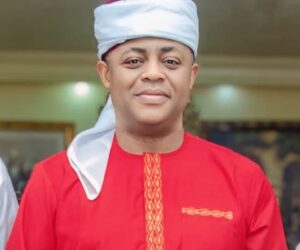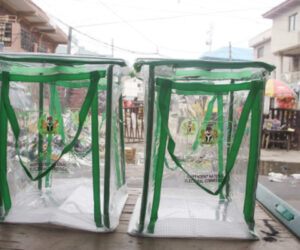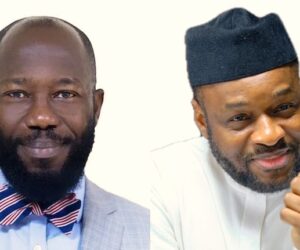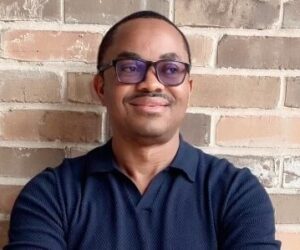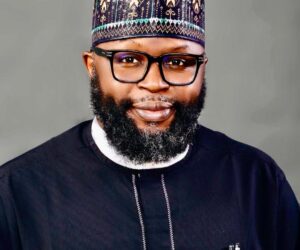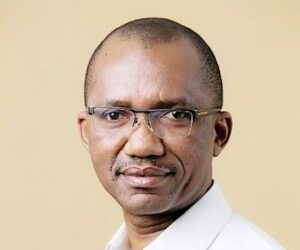In a country as diverse as Nigeria — over 200 million people, 500 languages, more than 200 ethnic groups, and three major religions—the search for national unity is not just a noble aspiration; it is a strategic necessity for nation-building, deepening democracy, and unlocking sustainable development. Without unity, the state struggles to mobilise citizens’ collective will, build strong institutions, and deliver inclusive growth.
Yet the path to unity is often misunderstood. It is too often pursued as a quick win — declared in speeches and celebrated in symbolic moments — rather than built through the patient work it requires. True unity demands long-term investment, deliberate trust-building, and reconciliation. It cannot be achieved without confronting, and where possible correcting, historical wrongs that continue to shape relationships between communities and the state. When these deeper fractures are left unaddressed, cohesion remains elusive, and our weak sense of a shared national “we” persists.
The “Sense of Us” Imperative
This is precisely the challenge Ricardo Hausmann describes in his “Sense of Us” theory: nations cannot advance economically without a deep, widely shared identity that makes citizens feel part of the same “we.” Without that collective sense of belonging, cooperation falters, sacrifices for the common good become harder to mobilise, and institutions — even when well-designed — struggle to function. Development, democratic deepening, and nation-building all require the “software” of social cohesion to match the “hardware” of policies and institutions. In Nigeria’s case, rebuilding that shared identity is not a sentimental exercise; it is the foundational work on which trust, effective governance, and sustainable progress depend.
National Identity as a Strategic Lever for Cohesion
National identity is not a feel-good concept or a cultural afterthought. It is a strategic tool for nation-building—one that can deliberately foster cohesion in a fragmented society. A strong and inclusive national identity doesn’t erase local affiliations; it situates them within a broader, collective narrative. It is about ensuring that every Nigerian, regardless of ethnicity, religion, gender, or region, feels seen, valued, and included in the national story.
Building such an identity requires intentional action. Inclusive education, media representation, national symbols, historical storytelling, and fair policy-making are all vehicles for expanding the group of citizens who see themselves as part of the national whole. One compelling example is Nigeria’s Special Seats Bill (HB.7), which proposes reserved parliamentary seats for women. This is not just about political quotas; it is an effort to correct the historical exclusion of women from political leadership, expand the circle of contribution and belonging, and signal that women are equal stakeholders in Nigeria’s future. By increasing women’s representation, the Bill strengthens the shared national identity that underpins social cohesion.
A Practical Roadmap for Inclusion and Trust
Rebuilding Nigeria begins with rebuilding “we” — or, as Ricardo Hausmann describes it, fostering a shared “sense of us.” This is not a linear process, but one that requires concurrent investments in inclusion, identity-building, and service delivery. Civil society, traditional institutions, media, and government must all work together to create a sense of shared purpose and belonging.
Women’s political representation is a central pillar in this roadmap, not a side issue. The Special Seats Bill is more than a reform — it is an act of identity-making. It expands the boundaries of “who belongs” and affirms that a nation’s future must be shaped by all its people. Similar measures — such as quotas for youth, persons with disabilities, and marginalised groups — can help deepen participation and broaden the national identity. These are not symbolic gestures; they are building blocks of a new, inclusive nation.
Alongside representation reforms, other tools include strengthening physical security through effective state protection; economic security through equitable opportunities, social safety nets, and basic services; and inclusive governance through policies that guarantee equal access to justice and uphold the rule of law. Inter-group dialogue, peacebuilding, addressing historical grievances, cultural integration, and sustained civic education all contribute to the same goal: a society where every citizen feels they belong.
From Cohesion to Trust and Institutional Strength
When social cohesion is strengthened through shared identity and inclusion, it creates the fertile ground upon which trust in governance can grow. People are more likely to engage and cooperate with government — pay taxes, vote, comply with laws — when they feel represented and valued.
Only then can institutions begin to function effectively. Trust is the foundation upon which institutions stand. Without it, no amount of reform or technical expertise will be enough. Citizens trust institutions not because they exist, but because they serve, protect, and reflect their aspirations. Strong public institutions — courts that uphold justice, agencies that deliver services fairly, and electoral commissions that ensure credible elections — can only thrive in an environment where legitimacy is not in question. That legitimacy stems from a society that believes in its collective identity.
Embedding Identity in Culture and Daily Life
Cohesion must live not only in official documents but in the daily rhythms, celebrations, and aspirations of Nigerian life. A national identity rooted in the best of our values, historical achievements, and aspirations should be consciously woven into everything we do — our policies, our development plans, our reforms, our institutions, our laws, and our social norms.
It should also be present in the stories we tell, the music we compose, the films we produce, the books we write, and the educational curricula that shape our children’s minds. It should echo in our public ceremonies, be reinforced in our civic education, and be reflected in the art, media, and cultural symbols that define us at home and abroad. As Andrew Fletcher of Saltoun argued in 1703, “if a man were permitted to make all the songs of a nation, he need not care who should make the laws.”
Conclusion: The Cohesion Imperative
Cohesion is not a byproduct of development; it is its foundation. Shared national identity fosters cohesion. Cohesion enables trust. Trust makes institutions work. Women’s political representation — and the broader inclusion it symbolises — is essential to building that identity.
To build a Nigeria that delivers for all, we must move beyond rhetoric to deliberate action. We must cultivate a national identity rooted in justice, fairness, and inclusion. Only then can we build institutions that endure, and governance that serves. In the end, a nation is not built solely by its government, but by the strength of its bond with its people. That bond, anchored in shared identity, is the key to a more stable, peaceful, and prosperous Nigeria.
Enene Ejembi is the founder and executive director of Verbatim Virtual Solutions, an international development consulting firm based in Nigeria.




